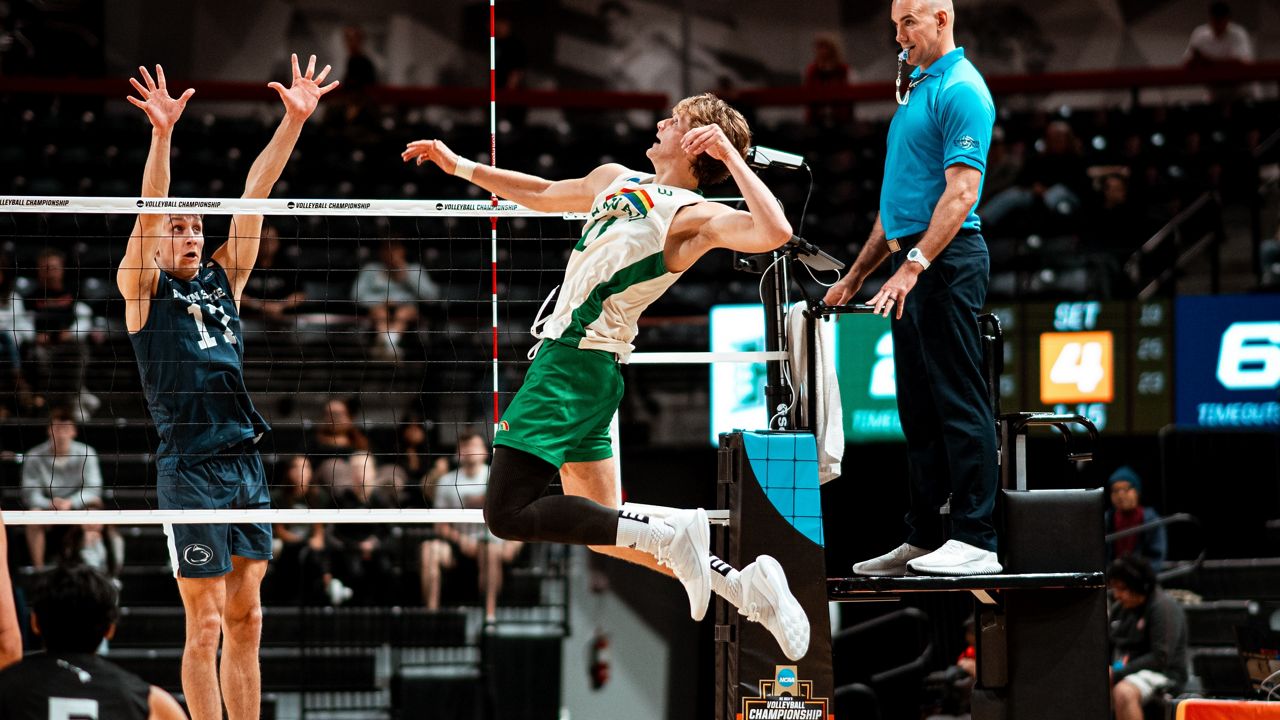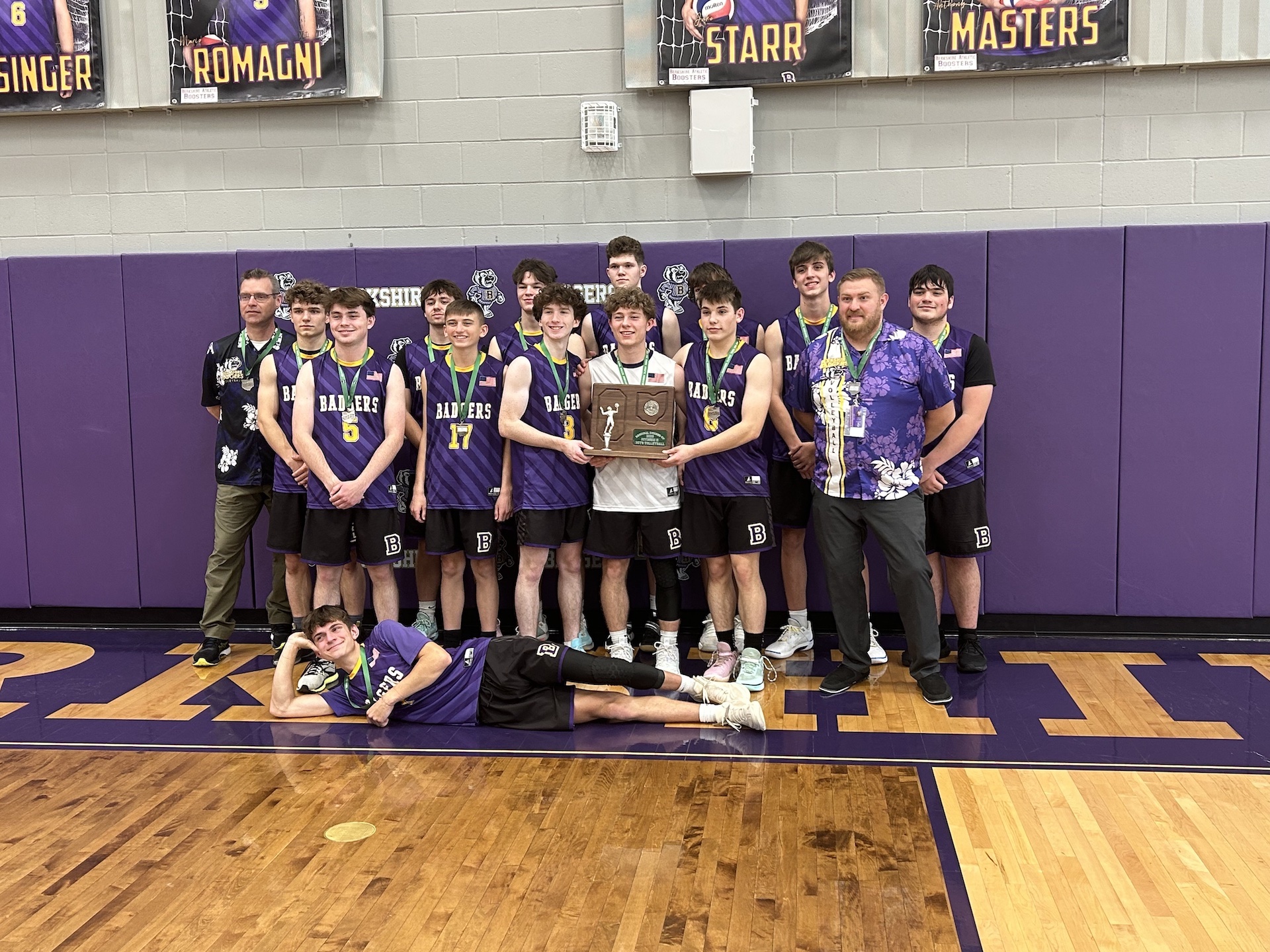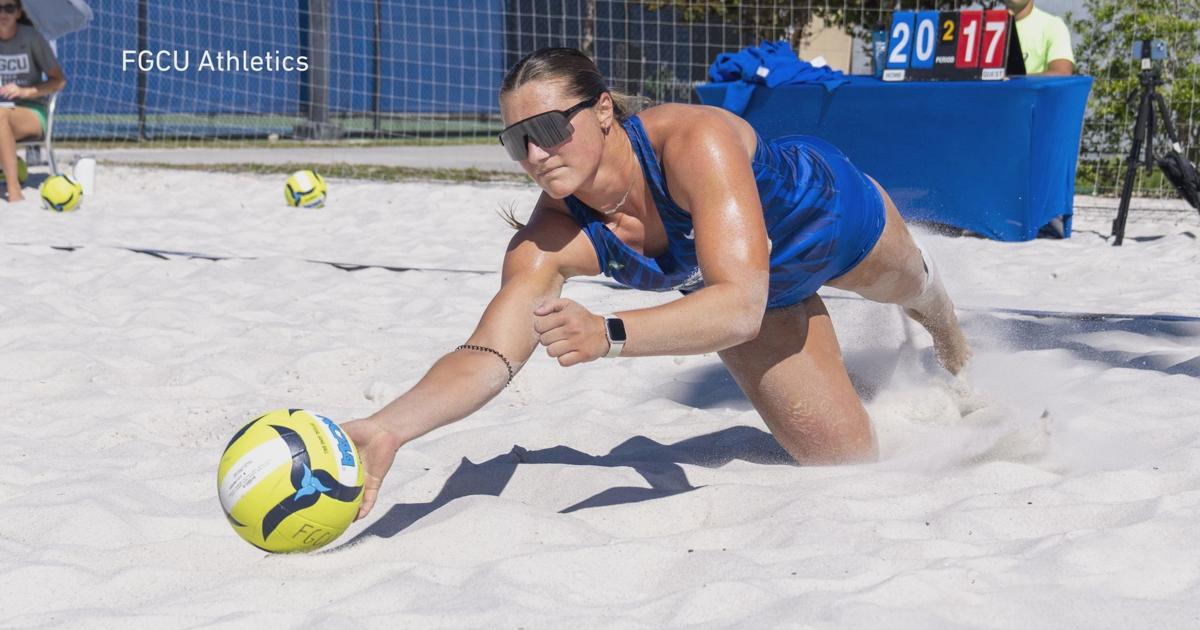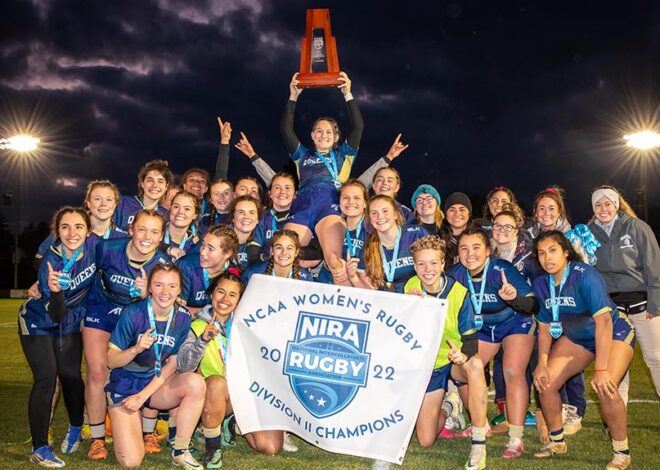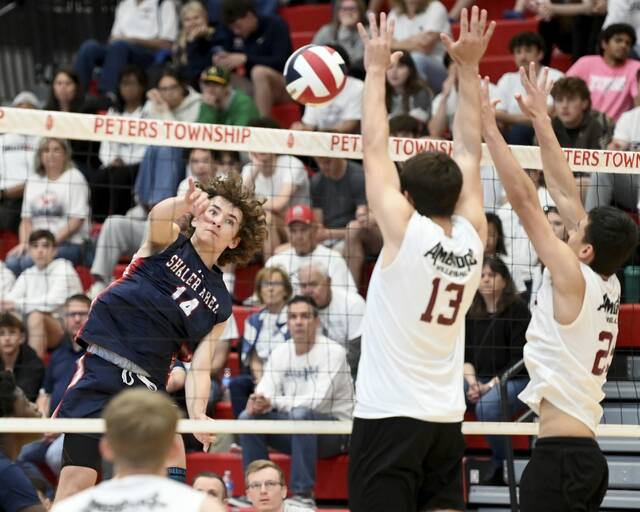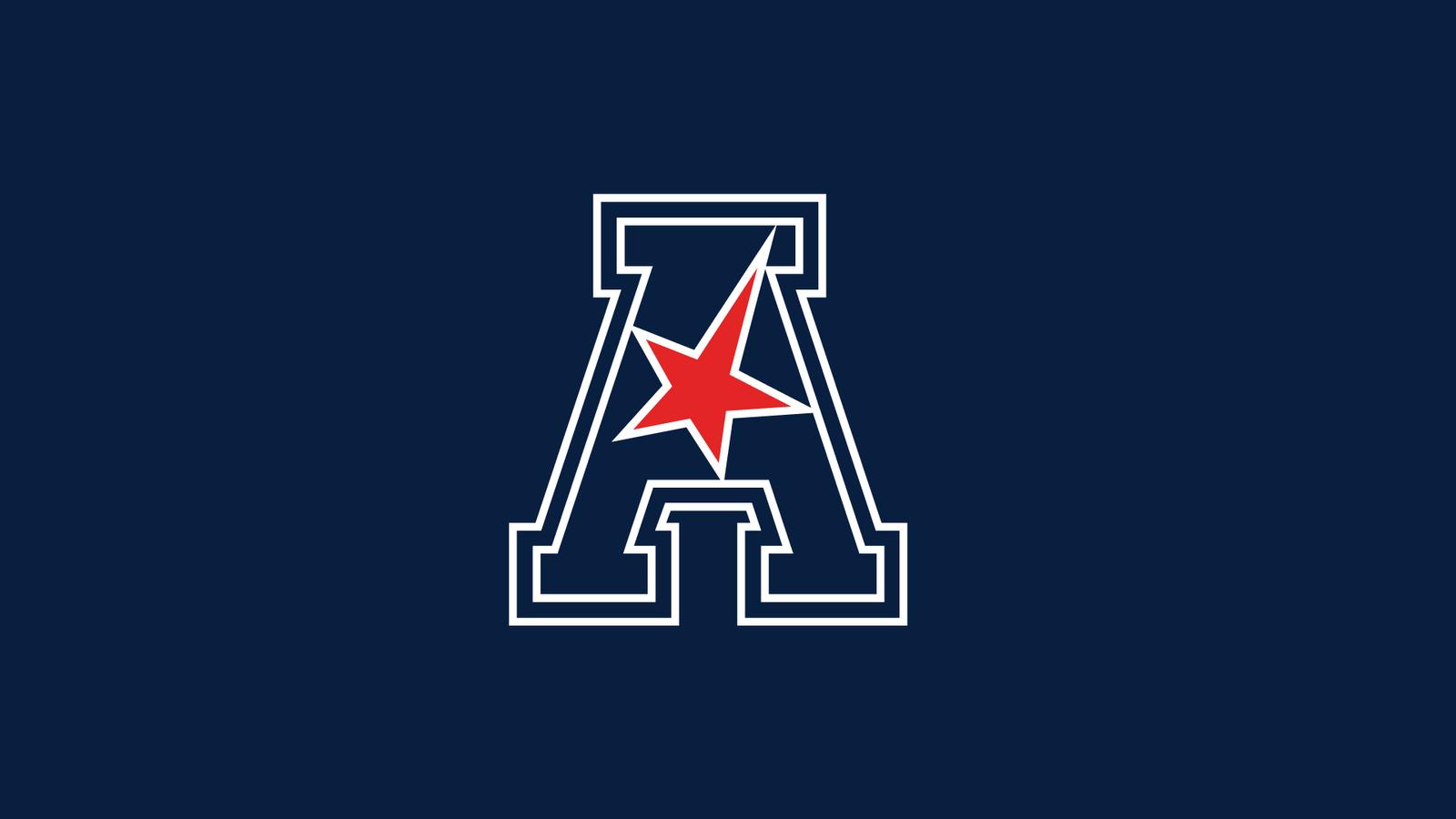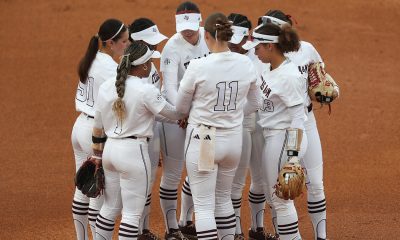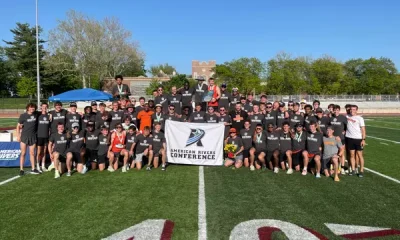In 2022, the Queens University of Charlotte women’s rugby team made history, clinching the university’s first National Intercollegiate Rugby Association (NIRA) Division 2 National Championship. Beyond the physical prowess and strategic plays, one influential element in their victory was the mental fortitude cultivated through mindfulness sessions led by university chaplain, Adrian Bird, Ph.D.
In recognition of Mental Health Awareness Month, Bird reflected on his impactful journey with the team, highlighting the integral role of mental preparation in elite athletic performance and overall student well-being.
A former rugby player and coach, Bird’s involvement with the team began organically. “As a new person to Queens, I was really hoping to connect with athletes so that they would get to know me as the chaplain,” he said. “Almost immediately I had the support of their coaching staff and what evolved was a holistic approach to student-athlete welfare, incorporating elements of sports psychology, mindfulness, and mind-body-spirit balance into weekly sessions.”
The tools provided to the athletes focused on developing mental fortitude and positive self-talk. Bird emphasized preparing athletes to enter a game by repeating, “I am enough, I am equipped, I can perform at an elite level. I have the support of my teammates.” This mental remembering, he stressed, allows athletes to “enter with confidence into the zone of elite performance.”
Bird even facilitated a Zoom session with leading sports psychologist Bill Beswick, who has worked with teams including Manchester United and the English rugby team, to further equip the Queens athletes with strategies for mental preparation.
The impact of the weekly sessions became particularly evident during the championship final, which went into extra time. “As I watched the game on the TV, I knew that that team was equipped mentally, even though they were physically exhausted,” Bird said, recalling the tense moments. “I had no doubt at all that they were going to take that game to victory.”
Beyond the rugby field, Bird recognizes the unique mental health challenges faced by college students today. “It can be a very difficult place to be,” he acknowledged, citing external and internal pressures from academics, sports, family, peers, and the pervasive “imposter syndrome.”
Bird’s approach to these challenges is not about “shutting off the noise,” but rather learning to “tune it out so that you can focus on the task at hand in the moment.” He believes these skills, initially honed for athletic performance, translate into valuable life tools for all students navigating the complexities of campus life.
According to Amber Slack, Ed.D., vice president for student affairs and dean of students, a staggering percentage of students experience physical or emotional symptoms due to stress each month.
“My research shows that college students, especially Gen Z, are struggling to cope with the stress of higher education,” Slack stated. “We know that loneliness, depression, and anxiety are real concerns that directly contribute to psychological distress. This makes student well-being an absolutely critical concern for us, demanding our attention and support.”
Addressing the stigma surrounding mental health support, Bird champions the power of visibility and relationship-building. “If I can be on the field, engaging meaningfully with athletes in their training spaces, it builds a level of trust that makes it much easier for them to seek help when needed – on or off the field,” he said. This presence fosters trust, making it easier for students to seek help when needed.
While still deeply connected to the women’s rugby team, Bird hopes to expand his presence across other athletic programs at Queens. His goal is to collaborate with coaches who see the value in integrating mind-body-spirit balance into their teams’ training, allowing him to “build relationships with students and accompany them on their journey throughout their time at Queens.”
For Bird, this work is immensely rewarding. “I see my role as being very special. It’s an incredibly privileged position,” he shared. “The opportunity to be alongside students through the highs and the lows and everywhere in between is something I don’t take lightly.” Witnessing students thrive, both on and off the field, he said, is “incredibly validating for me.”
Beyond the Chaplain’s Office, the Dean of Students Office provides support to students dealing with mental health crises. Confidential counseling services are also provided to students through the Queens University Health & Wellness Center from 9 a.m. to 5 p.m., Monday through Friday. After hours, virtual counseling and a 24/7 crisis hotline are also available. Additionally, Queens Athletics provides access to a sports psychologist through Atrium Health. Student-athletes do not need a referral and can initiate scheduling through their athletic trainer or by calling 704-512-7578.
The resources provided to students exemplify Queens’ commitment to supporting the holistic well-being of its students. By integrating mental health practices into the student experience, the university empowers its students not only to achieve peak performance in their chosen fields but also to develop resiliency for life’s broader challenges.

